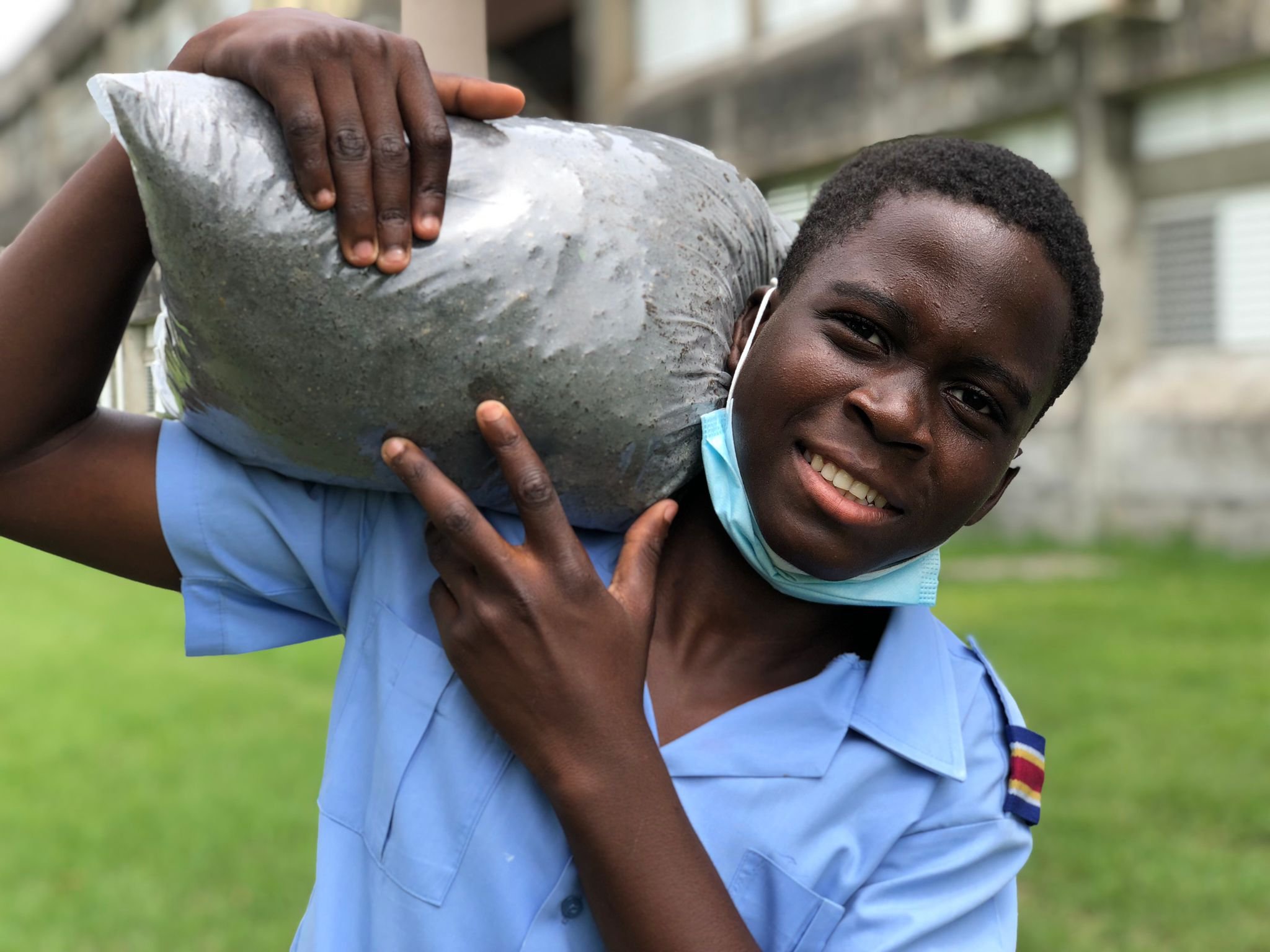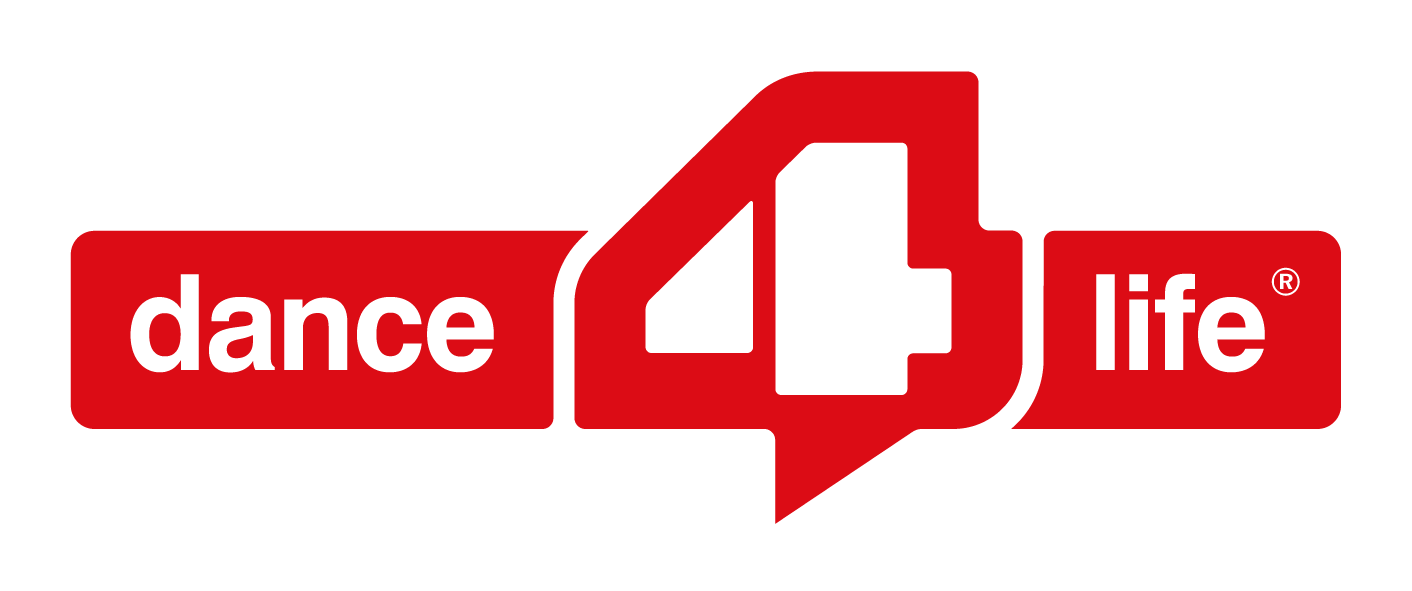
Our Impact.
Increased the Pool of Peer Educators:
By training a cadre of young volunteers as peer educators, Dance4Life has boosted the number of trained peer educators on the island. This ongoing capacity-building initiative will help to fill teaching gaps in schools. dance4life trains approximately 20 new peer educators each year.
Increased Self-Esteem, Empowerment & Leadership:
As prerequisites to positive behaviour change, we recognise the importance of empowering young people by building self-esteem, equipping them with valuable life skills, and ultimately creating leaders who not only make positive decisions for themselves but also act as powerful change agents, influencing their peers to make sound life decisions. As such, empowerment and self-esteem building along with leadership skills training are interwoven in each Dance4Life session. Our most recent independent evaluation showed students reporting greater self-efficacy as a result of the Dance4Life intervention.
Increased Open and Honest Dialogue Around Gender Issues Including the Rights of the LGBTQ+ Subgroups:
Dance4Life believes that it is essential to engage men and boys in order to challenge the systems that often determine women’s SRHR behaviour. Using approaches which recognise clear cut gender differences and address the divergent realities faced by adolescents, creating open honest dialogue about sex and sexuality allows young boys and girls to deal with the complex and often confusing biological, mental and social factors which can lead to early sexual initiation and unsafe sexual behaviour. We also highlight the need to respect the basic human rights of individuals regardless of gender, sexual orientation, race, socioeconomic status etc. Although this is a cross cutting theme, it is has proven most critical when discussing the rights of students who self-identify or who are labelled as LGBTQ+.
Increased Social Awareness and Activism:
Through the act4life phase of the programme, Dance4Life has activated its young participants to go into their communities to make positive change. Over the course of the programme we underscore the importance of social awareness, volunteerism, and community work. During the act4life component, our students are able to translate this knowledge into action. Our aim is to create a movement of young social advocates who are active not only in the realm of SRHR but in all aspects of their lives, having gained power and influence over the decisions that affect them.
Increased Empowerment & Skill Building of Vulnerable Youth:
Dance4Life dedicates much of its time to working with vulnerable youth, specifically those in adolescent children’s homes, juvenile detention facilities, and remedial schools. These are some of the youth most at risk for STI infections, including HIV, unplanned pregnancies, and sexual violence, yet they are often forgotten in SRH interventions. Through our monthly sessions at the detention facilities, our vulnerable youth internship, birthday and summer programmes, Dance4lLife aids in empowering and building the self-esteem of these most at-risk youth, giving them the skills needed to make positive life decisions.
Increased Awareness of NCDs:
Dance4Life Barbados has expanded our skills4life curriculum to include NCDs given the considerable burden of chronic disease in our setting and the long term co-morbidities and linkages between SRHR and other health issues such as NCDs.
Strengthened National HFLE Programme:
Studies in a number of Caribbean countries - including Barbados - have illustrated many important barriers to comprehensive HFLE implementation, including insufficient teacher training in HFLE; lack of teacher confidence when delivering HFLE; lack of available time and resources; and the sensitive and taboo nature of some of the subject material. Additionally, because HFLE is not an examinable subject, it commands lower priority in timetabling and is often dropped altogether in the later years of secondary school to make way for extra lessons in examinable subjects. Furthermore, even when scheduled, students report that HFLE lessons are regularly free periods. Dance4Life supports the burdened HFLE system by working together with guidance counselors to ensure that all participating youth have at least one year of comprehensive sexuality education.
Contribution to National & Regional Data:
Dance4Life has a consistent, biannual data collection system whereby each year, 2,200 twelve to fifteen-year-olds are surveyed. This information not only allows us to tailor the programme to each target group but also informs national and regional SRHR programming with current realities. This places our data at great national and regional significance as it is the only recurring data set with such a large cohort of young people measuring dietary behaviours, physical activity, sexual and reproductive health, sexual violence, bullying and substance use.
This provides accurate, up to date snapshots of knowledge, attitudes, behaviours and practices on a biannual basis. In order to examine the longevity of the programme, retention of knowledge, risk behaviours, and to increase the robustness of the quality of research, data collection will henceforth be conducted with youth who have completed the Dance4Life programme a minimum of two years prior. In addition to this annual data collection, strong partnership with participating secondary schools and institutions affords dance4life the opportunity to expand research initiatives. Moving forward with a greater focus on research and dissemination, Dance4Life ultimately aims to increase the visibility of and necessity for the programme, strengthening its association as a reliable authority for SRHR and young people in the region.








